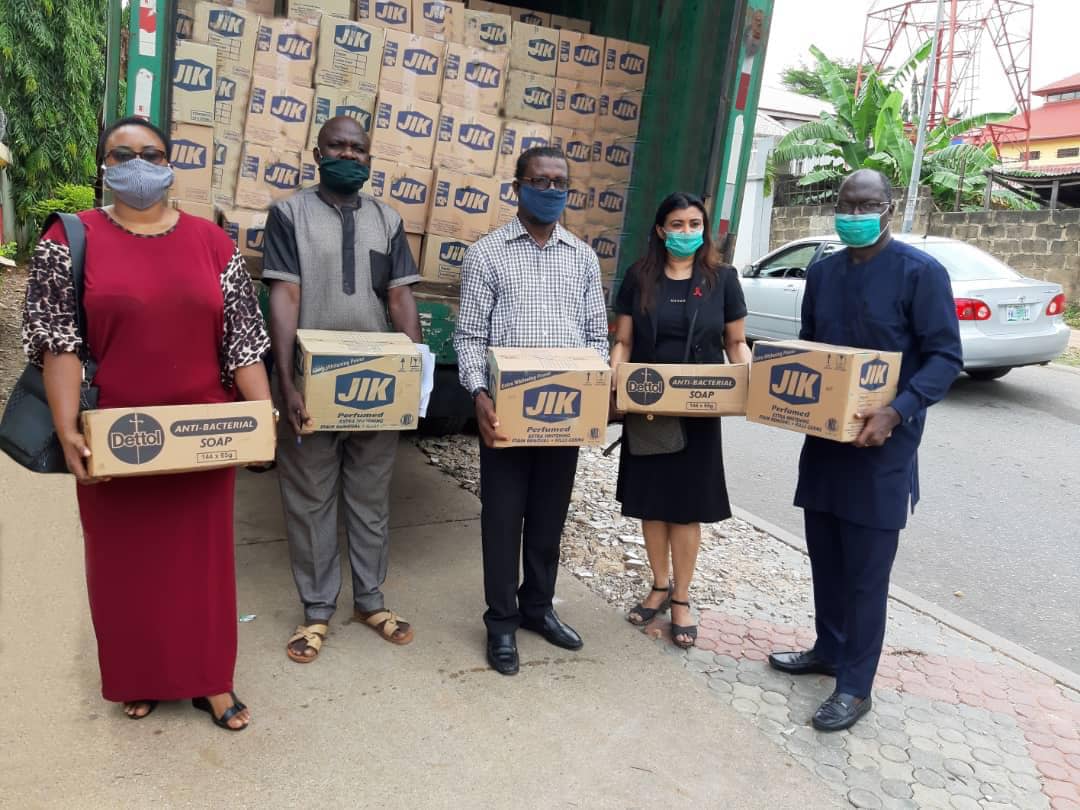The coronavirus pandemic has laid bare the risks vulnerable groups face – from children and the elderly to people with pre-existing conditions and compromised immunity.
In a recent move, the UNAIDS partners with makers of hygiene product Dettol and Jik to distribute hygiene packs to help protect people living with HIV across Africa.
The UNAIDS network will help deliver hygiene packs—with a three-month supply of soap and bleach—to some 220,000 people across 22 African countries, including Nigeria.
The market value of the packs is estimated at over N800 million. The initiative is part the parent firm Reckitt Benckiser’s “Fight for Access Fund”, which aims to improve access to health, hygiene and nutrition.
RB announced the Fund in March, committing it to ringfence an annual investment of 1% of its adjusted operating profit to ensure provide education, information and drive availability of hygiene products.
It comes as individuals face shortages for hygiene products with the unprecedented demand that the coronavirus pandemic has created.
The firm said it has mobilised an additional £32 million in its Fight for Access Fund to address a “collective fight against the spread of Covid-19”.
In the latest advisory for vulnerable people, the Nigeria Centre for Disease Control insisted on individuals wearing face masks when caring for a person with a chronic medical condition, washing hands regularly with soap and water—or use an alcohol-based sanitiser if no soap.
“Our immediate focus is to address the stress faced by our consumers and communities where we operate, to break the chain of infection,” it said in a statement.
“We want and need to play our part in stemming the effects of the pandemic and we can do this by providing access to our high-quality hygiene products,” said Dayanand Sriram, General Manager, Health for Reckitt Benckiser, Nigeria.
It began with 180,000 soap bars and 60,000 bottles of bleach.
“By partnering with UNAIDS, we can reach specific groups of people who need them the most,” said Sriram.
UNAIDS country director for Nigeria Erasmus Morah called the donation timely to help “improve the personal hygiene of members of Nigeria’s networks of people living with HIV at this turbulent time of COVID-19 pandemic.”
“We appreciate this demonstration of solidarity, and we encourage other private sector entities and philanthropists to consider doing the same with all vulnerable populations,” he said.

 Join Daily Trust WhatsApp Community For Quick Access To News and Happenings Around You.
Join Daily Trust WhatsApp Community For Quick Access To News and Happenings Around You.


